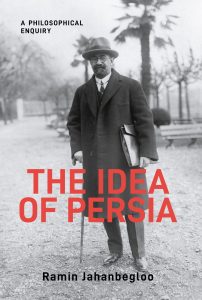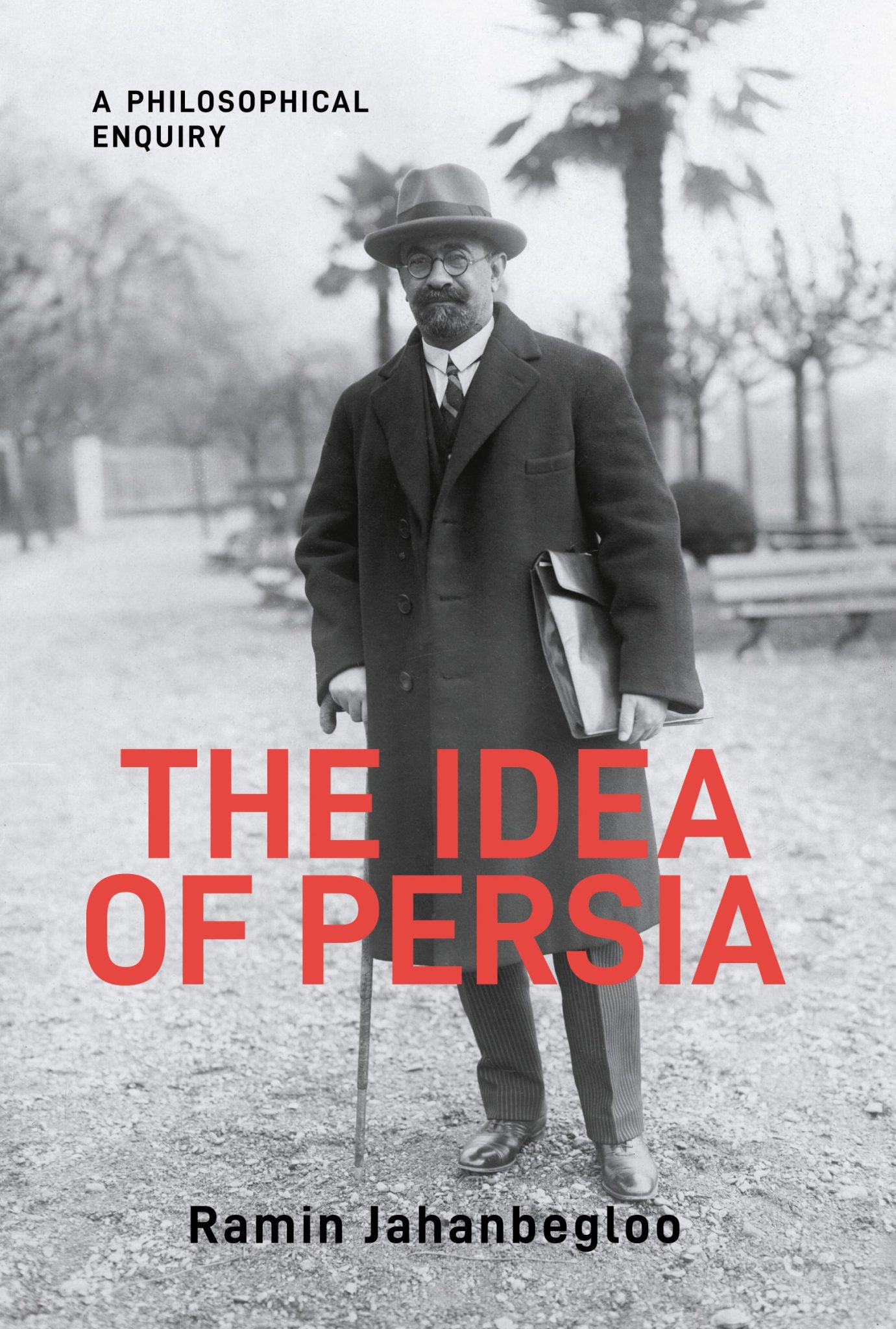2025 BIPS AGM Lecture
The Idea of Persia
With Ramin Jahanbegloo
The event will take place in person at the British Academy, London, and online on Zoom. The event is free to attend, but booking is necessary. In person bookings are currently closed and members will be notified once they have opened.
The lecture will take place between 6:45-8PM and it will be followed by a light reception.
Lecture outline:
 In 1721, the French philosopher Montesquieu posed the question, “Comment peut-on être persan?” in the title to his famous Persian Letters (Lettres persanes). After centuries of invasion, murder, destruction, authoritarian rule, decay of political theory, and increasing dissolution in Iran’s politics, this volume is an investigation into what the answer to that question might be today. The Idea of Persia explores the notion of what it is to be Persian, but not as it has been constituted in the past, with reference to the political experience of antiquity, nor as an affirmation of the secular-rational project of modernity. Rather, the book examines the question of what it is to be Persian against the backdrop of centuries in which a common, plural subjectivity of Persian-ness has been continually delayed by those who, with or without ideologies, believed in politics only as a means of ruling or of being ruled. The historical battle for social and political freedoms is still underway in Iran, and as the nation wrestles with the possibility of an extended period of political, social, and cultural decline, it is a timely moment to return to the perspective embodied in the enlightened thinking of figures such as the writer and three times prime minister of Iran Mohammed Ali Foroughi (1877–1942) and his vision of a country possessing rational and moral capabilities, and to a possible renaissance of social and political institutions. The idea of Persia as it is presented here sees hope in the future as the means by which Iranians may liberate themselves from the duality of heroes and saints and remake their political mentality while staying true to an age-old idea of Persia.
In 1721, the French philosopher Montesquieu posed the question, “Comment peut-on être persan?” in the title to his famous Persian Letters (Lettres persanes). After centuries of invasion, murder, destruction, authoritarian rule, decay of political theory, and increasing dissolution in Iran’s politics, this volume is an investigation into what the answer to that question might be today. The Idea of Persia explores the notion of what it is to be Persian, but not as it has been constituted in the past, with reference to the political experience of antiquity, nor as an affirmation of the secular-rational project of modernity. Rather, the book examines the question of what it is to be Persian against the backdrop of centuries in which a common, plural subjectivity of Persian-ness has been continually delayed by those who, with or without ideologies, believed in politics only as a means of ruling or of being ruled. The historical battle for social and political freedoms is still underway in Iran, and as the nation wrestles with the possibility of an extended period of political, social, and cultural decline, it is a timely moment to return to the perspective embodied in the enlightened thinking of figures such as the writer and three times prime minister of Iran Mohammed Ali Foroughi (1877–1942) and his vision of a country possessing rational and moral capabilities, and to a possible renaissance of social and political institutions. The idea of Persia as it is presented here sees hope in the future as the means by which Iranians may liberate themselves from the duality of heroes and saints and remake their political mentality while staying true to an age-old idea of Persia.
About the speaker:
Ramin Jahanbegloo is an Iranian Canadian political philosopher. He is the Executive Director of the Mahatma Gandhi Centre for Nonviolence and Peace Studies and the Vice-Dean of the School of Law at Jindal Global University- Delhi-India. He is presently the Leverhulme Visiting Professor at the School of History in St. Andrews University. He received his B.A. and M.A. in Philosophy, History and Political Science and later his Ph.D. in Philosophy from the Sorbonne University. He has been a researcher at the French Institute for Iranian Studies and a fellow at the Center for Middle Eastern Studies at Harvard University. Ramin Jahanbegloo taught in the Department of Political Science at the University of Toronto. He was an Associated Professor of Political Science and a Research Fellow in the Centre for Ethics at University of Toronto from 2008-2012 and an Associate Professor of Political Science at York University in Toronto from 2012 – 2015. He is also a member of the advisory board of PEN Canada. He is the winner of the Peace Prize from the United Nations Association in Spain (2009) for his extensive academic works in promoting dialogue between cultures and his advocacy for non-violence, also the winner of the Josep Palau i Fabre International Essay Prize. Ramin Jahanbegloo is the author of 32 books in English, French and Persian. Many of his books are also translated in German, Italian and Spanish. Among his books: Conversations with Isaiah Berlin (Peter Halban, 1992), Iran: Between Tradition and Modernity (Lexington Books, 2004), Civil Society and Democracy in Iran (Lexington Press, 2011), Nonviolence: An Idea Whose Time has Come (Haus Curiosities 2023), and The Idea of Persia (Gingko 2025).
